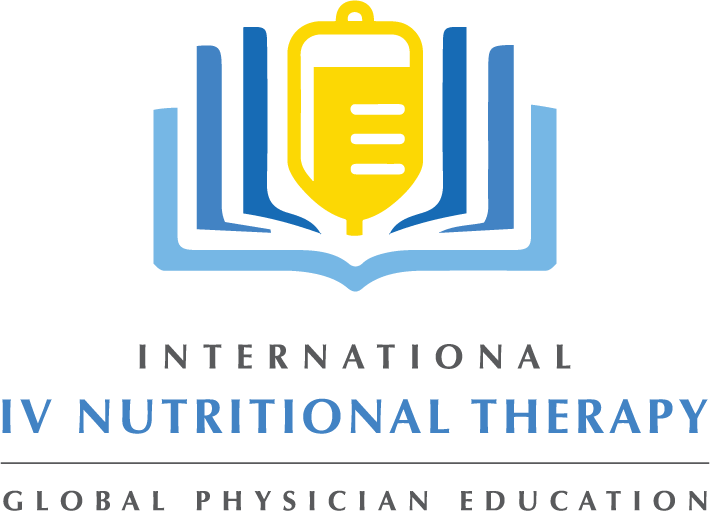Posted by Dr Dan Carter
I was fortunate to be present at a talk given by Dr Gervasio Lamas, the principle investigator *(PI) for the TACT (Trial to Assess Chelation Therapy) trial; he gave a good overview of the trial design and results at the ACAM spring meeting, held May 31-June 2, 2013. Dr. Lamas is the Chairman of Medicine at Mount Sinai Medical Center and Chief of the Columbia University Division of Cardiology at Mount Sinai Medical Center. This LINK http://www.miami-cardiology.com/dr-gervasio-lamas.php gives you access to his complete bio. I got the sense that he was very courageous to serve as study chair for the TACT trail, as he has received his fair share of grief from mainstream medicine due to what has been termed the “inconvenient evidence” that chelation therapy is both safe and effective. Ref: [http://www.forbes.com/sites/harlankrumholz/2013/03/27/chelation-therapy-what-to-do-with-inconvenient-evidence/]
Dr Lamas is not the only person being denigrated for his willingness to be associated with the trial, the editors of JAMA, the Journal of the American Medical Association have received a lot of criticism for publishing the trial results in the journal.
A lot of the criticism bordering on fanaticism is being leveled at the trial, where only specific dogma that is aligned with certain factions’ beliefs are acceptable; this is a real problem in today’s medical community. Before the trial, the critics argued that EDTA chelation was unproven as no trials had been done, and now that the first RPCCT (Randomized placebo controlled clinical trial) has been completed, it is still not sufficient. Some physicians within mainstream medicine go frankly apoplectic if they are presented with ideas/trial results that are outside their narrow paradigms, to wit: David Gorski, a surgical oncologist, in an assault on TACT, JAMA, and Arlen Krumholz (of Forbes Magazine), writes “that JAMA is every bit as guilty as The Lancet was in 1998 when it published Andrew Wakefield’s anti-vaccine nonsense…. If published at all, TACT should have been published in some crappy, bottom-feeding journal, because that’s all that it deserves.” So it would seem that vitriolic reactive fervor trumps scientific reason whenever it’s not in alignment with one’s world view.
Dr Lamas went over the Study Design in some detail. Ref. http://www.ncbi.nlm.nih.gov/pmc/articles/PMC3243954/#!po=31.2500 One important element he mentioned, and that is brought out in the movie Unleaded as well (see review below), is that the patients enrolled in the trial were maintained on ALL conventional treatments that were prescribed before the trial started. So no (conventional) treatments were taken away; the only change was the addition of the TACT protocol of either active treatment or placebo. One argument that critics have mentioned, is that the trial was not ethical – if they actually read the full text article, they will find that this trial was one of the most ethical performed in recent history. The trial was halted for a period of time, while concerns about the informed consent were addressed and corrected – this was the area where complaints about unethical conduct were broached, and once this was corrected, the trial was continued. The results speak for themselves (see previous blog post, July 13, 2013). Trials administered by pharmaceutical companies are much more likely to see problems with ethical conduct, especially when those trials take place in developing countries. Ref. [http://somo.nl/publications-en/Publication_2534]
Sidebar
Bias in medicine is common, and old ideas die hard. It seems as though critics delight in negativity toward any subject they do not agree with. Even when bias or outright fabrications are found in clinical research, it is difficult to correct the misconceptions that have already been accepted as truth. This article points out many of the issues faced by medicine: http://www.theatlantic.com/magazine/archive/2010/11/lies-damned-lies-and-medical-science/308269/ . Another article speaks to some of the questionable teaching methods that shape the thinking of most future physicians: [Haizlip J, et al. Perspective: the negativity bias, medical education, and the cuture of academic medicine: why culture change is hard. Acad Med. 2012 Sep;87(9):1205-9. PMID 22836850]
Unleaded – The movie [Movie website & trailer: http://www.elemental-films.com/]
Note: My review is 3 months after watching the movie, so the memories may be selective and incomplete; my apologies, as the movie is well worth watching. Unleaded is presented as interviews with two of the clinical investigators for the trial, Roy Heilbron, MD and Angelique Hart, MD, as well as interviews with several trial participants. From the Elemental Films website: “On Nov. 4, 2012, Dr. Gervasio Lamas, the director of the TACT study presented the stunning results of the 10 year study that involved over 130 clinics and 1,700 patients at the annual American Heart Association’s (AHA) 2012 Scientific Sessions. Later that day, Elliott Antman, MD, Director of the AHA, announced that there was not enough information to recommend Chelation Therapy until more studies were done, although TACT was designed to be the definitive 10 year study. Normally published the same day as the presentations, the NIH TACT statistical results were not published by the Journal of the American Medicine Association for an unprecedented 5 months, until March 27, 2013, at which time they were either not reported or obscured within any articles by mainstream media.” Dr Heilbron brought out several rather amazing observations about the AHA meeting…
- The significance of the TACT trial results were much more striking than the degree of significance of most drug trials, and yet this was dismissed by critics
- The dismissive statement by Dr Antman was carried by all of the major news media, but the results of the trial were not
- The JAMA publication of statistical results was delayed, because the editors were justifiably worried about political (the politics of medicine) fallout
The trial participant interviews were very interesting as well, and since the trial results did show significance, they cannot be dismissed as anecdote.

